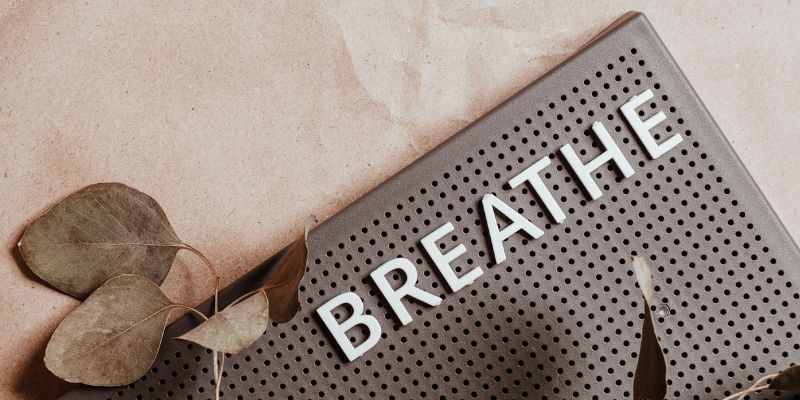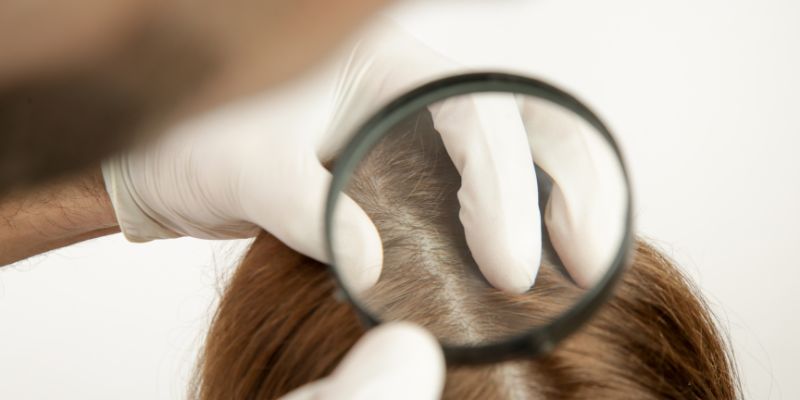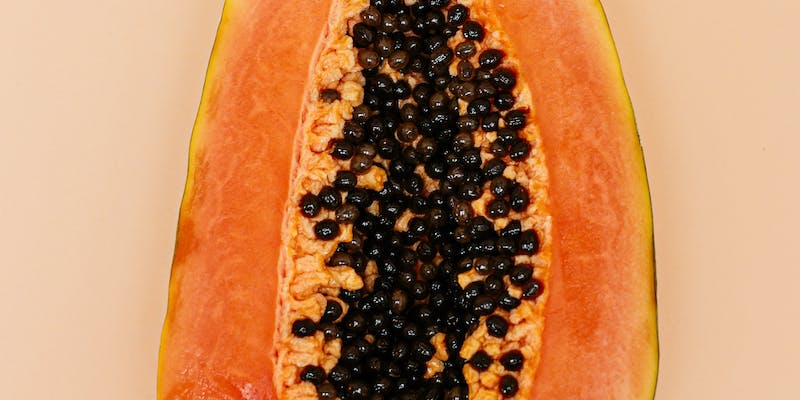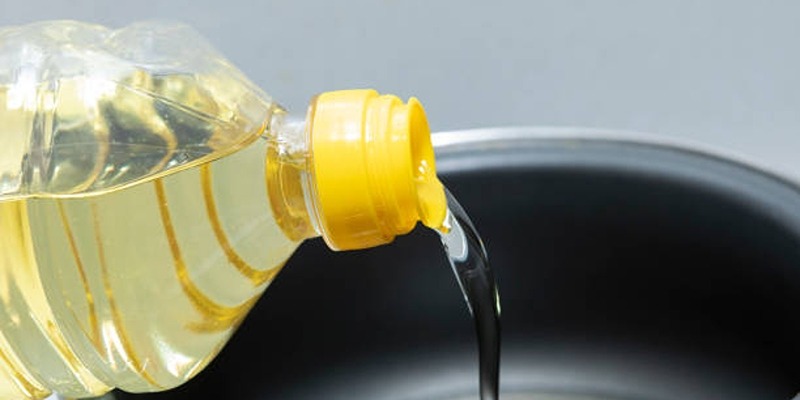If you sleep with your mouth open, continue to read as we will tell you everything about mouth breathing, especially how it affects your health.
Mouth breathing is when people cannot breathe through the nose and take air in via mouth. The condition can cause various sleep disorders, causes changes in face structure and greatly impacts overall body health. The disorder can be easily treated with medication or surgery; the patient starts breathing the nose.
People develop mouth breathing at a young age and suffer from this condition for a long time. If you are also one of them, continue to read and find the impact of this medical condition on your health!

Is Nighttime Mouth Breathing Affecting Your Health: Know The Facts
Sleeping with your mouth open is an alarming sign that your breathing is irregular at night, which can seriously harm your general health and fitness. Maintaining oral health requires saliva. Saliva in the mouth dries up when patients breathe through their mouths.
Nighttime mouth breathing leads to many health issues, including liver problems, anxiety, and brain abnormalities. Sleeping with an open mouth leads to poor oral health.

Symptoms of Mouth Breathing
Mouth breathing is bad for dental hygiene and leads to serious health issues. The signs of mouth breathing during the night differ significantly in adults and kids due to their physiology and anatomy differences.
The symptoms of mouth breathing in adults are:
- Dry mouth
- Sore throat
- Pore oral health
- Bad breathe
- Drool on pillows
- Morning headaches
- Snoring
- Brain fog
- Daytime tiredness brought on by lack of sleep
The symptoms of mouth breathing in kids are:
- Failure to manage feelings
- Trouble concentration
- Slower growth
- Extreme fatigue
What Causes Nighttime Mouth Breathing?
Mouth breathing is often caused by nasal blockage. The body instinctively shifts to your mouth, which is the only other way to get oxygen that can be obtained if your nose is clogged. The reasons behind a blocked nose are numerous.
These consist of:
- Sinus illness, cold, or allergy-related nasal obstruction
- Nasal polyps
- Tumor
- Genetic abnormalities
- Shape of nose
- Size and shape of jaw
- Enlarged adenoids
- Asthma
- Tongue tie
How To Treat Nighttime Mouth Breathing?
The reason for mouth breathing determines how to treat it. For instance, a physician would recommend a patient see an otorhinolaryngologist if they have adenoids. To aid with breathing, the physician may eliminate the tonsils. You may require sleep with a protective mask covering your mouth or nose in severe circumstances.
You can also attempt the following precautions at home:
- Reduce stress
- Keep your nose clean
- Exercise
- Try to breathe in and out through the mouth
- When you’re sleeping, raise your head using a bigger cushion
Risk Factors Of Mouth Breathing
The following are the most frequent risk factors for mouth breathing at night:
- Gummy smile
- Crowded teeth
- Allergies
- Obesity
- High palate
- Long, narrow face and mouth
- Sinus infections that persist and block the nose
- Malocclusion
- Hay fever
- Asthma
- Anxiety
How Mouth Breathing Can Be Prevented?
You may take steps to stop mouth breathing from becoming a habit if allergies or infections cause your nose to become blocked.
Tips for preventing mouth breathing include:
- Using a salty spray during long rides
- Maintaining your home neat and allergy-free
- Lie on the back with your head raised to encourage nasal breathing and widen your airways
- Placing air filters in your HVAC systems to stop the transmission of germs throughout your home
Because yoga emphasizes deep breathing via the nose, it’s good for people who breathe through their mouths due to stress.
What Are The Benefits Of Nasal Breathing?
Nasal breathing has advantages above just preventing the negative consequences of mouth breathing. Nasal breathing can actively improve patient health.
The benefits of nasal breathing include:
- Healthier immune system: Nitric oxide (NO), produced through nasal breathing, boosts the body’s immune response and fights diseases like the coronavirus that triggers SARS.
- Filtration: The hairs in your nose assist in removing allergies and dirt from the air.
- Fighting infection: The nasal fluid contains antibodies that fight off bacteria that try to enter the nose.
- Preparing the outdoor air: By using the nostrils to breathe, patients can help the air become more moist and at a level that is not as hard on their lungs.
- Improved facial development: Children inhaling through their nostrils are more likely to develop healthy faces and airways and fewer malocclusions or abnormalities with their bites.

Breathing Through Nose Vs. Breathing Through Mouth: Differences You Need To Know
Breathing through your is more beneficial than mouth breathing. There are various distinctions while inhaling via your mouth as opposed to your nose:
- The cilia, which resemble microscopic hairs, filter out pollutants, allergies, and even tiny bugs as you breathe through your nose. They assist in sending them down into your throat instead of your lungs. That’s not what your mouth provides.
- Humid air improves the performance of your throat and lungs. Turbinates, which are bony cartilage in your nose, are responsible for it. The air that enters through your mouth is drier.
- Your lungs want air that is somewhere between too hot and too cold. Your nose will heat or cool the air that enters your lungs unless you have an obstruction, such as a septum defect or persistent allergies. Doing this will make the air closer to your body’s optimal temperature. It is not achieved via mouth breathing.
- Nitric oxide is generated when one breathes through their nose, which may enhance athletic performance. However, doing so via mouth does not accomplish this.
- Better recall of memories resulted from nose breathing. Breathing through the mouth was thought to avoid the olfactory bulb and not initiate the same neural reaction.
- Your mouth facilitates speech, eating, and drinking. You can use your mouth to breathe, but it doesn’t have many of the unique features that your nose has for this purpose.
Conclusion:
When you breathe through the nose, the cilia filter out the air. As a result, you only inhale the clean air. But, in mouth breathing, you can inhale the debris, allergens, and other particles. So, you can suffer from different diseases, specially it will cause changes in your mouth structure and sleep disorders.








